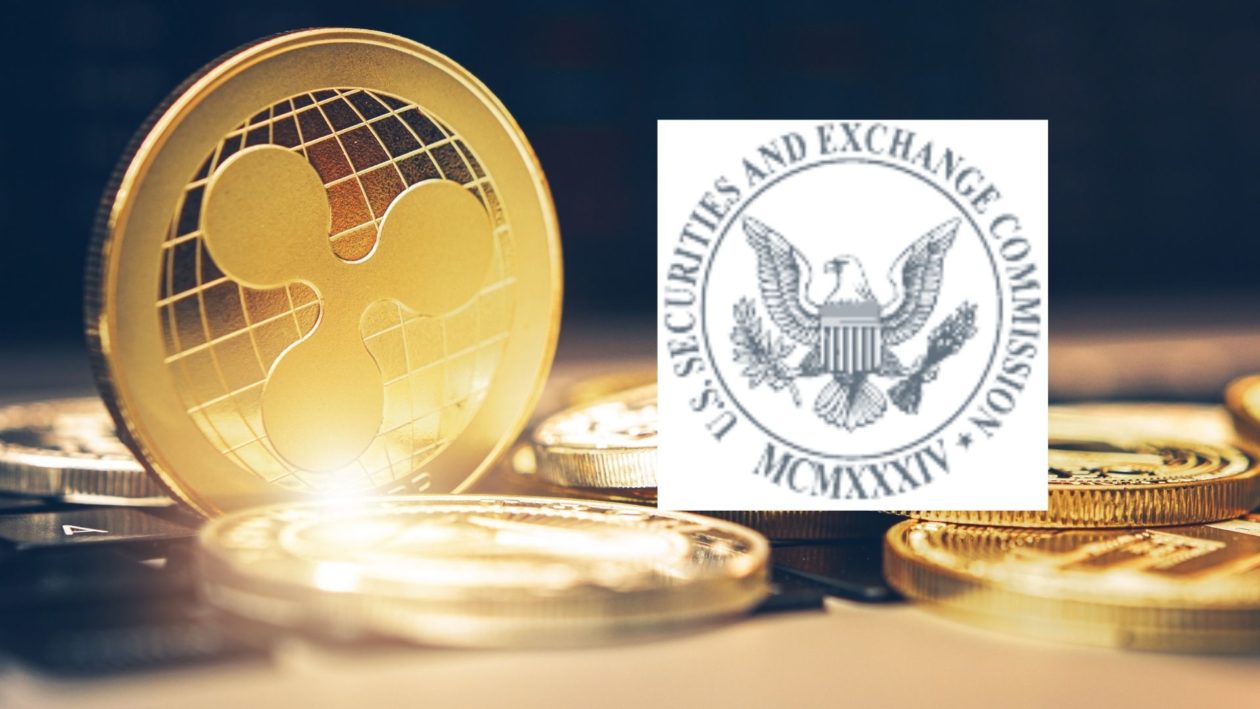The U.S. Securities and Exchange Commission (SEC) is doubling down on its attempt to block William Hinman, the former director of the SEC’s Division of Corporation Finance, from testifying in the SEC v. Ripple lawsuit.
In a letter this week to U.S. Magistrate Judge Sarah Netburn, who is overseeing discovery for the case, SEC attorney Ladan Stewart argued that Ripple failed to meet the “heavy burden of demonstrating ‘exceptional circumstances’ sufficient to justify such a deposition.”
“Defendants want Director Hinman to sit through hours of questioning, where an SEC lawyer repeatedly objects and instructs him not to answer, just so Defendants can use the deposition transcript to argue to this Court that the SEC is not entitled to assert a deliberative process privilege,” Stewart wrote, in response to an earlier court filing by Ripple. “This strategy is not an ‘exceptional circumstance’ justifying the deposition of a high-ranking SEC official… as virtually every agency enforcement action involves pre-enforcement, pre-decisional privileged deliberations.”
The SEC has asked the court to quash the subpoena issued to Hinman until after a decision is made on the SEC’s motion to strike Ripple’s fair notice defense — that the SEC did not provide Ripple with fair notice that XRP transactions violated the law — as that motion, if granted, could render Hinman’s deposition irrelevant.
See related article: Will court let Ripple force ex-SEC director to testify about XRP?
SEC: Hinman was a high-ranking official
Hinman clearly was a high-ranking SEC official, Stewart argued, adding that Hinman’s supervision of registration and disclosure requirements was critical to the SEC’s operations and to that of the United States’ capital markets.
Calling Ripple’s argument that Hinman was not a high-ranking government official “ironic,” Stewart wrote: “Defendants cannot point to a single case where the deposition of an SEC official of Director Hinman’s rank was allowed.”
“Defendants are thus asking this Court to make new law, by ordering the deposition of someone who held one of the highest-ranking positions within an independent federal agency, in order to question him about external meetings (about which they could depose other participants), and about internal SEC deliberations that are privileged,” Stewart wrote, adding that it was contrary to legal precedent and imposed “significant burdens on the witness, the parties, and the Court.”
Referring to Ripple’s claim that Hinman has “unique first-hand knowledge about the SEC’s communications with third parties and about the agency’s adoption or approval of his well-publicized speech in 2018 about the regulatory treatment of cryptocurrencies,” Stewart argued that Ripple was “simply wrong” in claiming that they are entitled to elicit Hinman’s testimony.
“If Defendants wish to discover facts asserting the SEC’s assertion of deliberative process privilege — and, later, to litigate it — they can ask the SEC, the party asserting the privilege. The SEC has already produced and will continue to produce privilege logs covering internal communications relating to the Speech,” Stewart wrote. “Defendants will not be able to obtain better, more detailed information from Director Hinman than they would already have from the SEC’s privilege log.”
Communications with third parties have already been provided by the SEC to Ripple, Stewart added, pointing out that Ripple could seek information from third parties directly, without the SEC’s permission or court’s intervention.
The SEC’s internal communications on Bitcoin, Ethereum and XRP as well as the agency’s thinking behind Hinman’s speech are emerging as heated areas of contention in the SEC v. Ripple lawsuit. At the heart of the lawsuit is whether transactions involving XRP constitute “investment contracts” and therefore securities subject to registration under Section 5 of the Securities Act of 1933.
Following the SEC’s lawsuit in December 2020, several U.S.-based cryptocurrency exchanges such as Coinbase and Kraken delisted or suspended XRP trading. However, XRP is still traded outside the U.S. and remains popular in Asia, particularly in Japan. XRP is currently trading around US$0.62 and is ranked as the sixth-largest cryptocurrency by market value, according to CoinGecko data.
U.S. senator questions SEC on crypto exchange regulations
In a letter to SEC Chair Gary Gensler this week, U.S. Senator Elizabeth Warren, who chairs the U.S. Senate Committee on Banking, Housing, and Urban Affairs sub-committee on Economic Policy, called out the lack of crypto regulation in the United States and asked Gensler to provide information about the SEC’s authority to regulate cryptocurrency exchanges.
Gensler has made comments in the past about the need for the SEC to provide greater clarity, and for consumer protection, with regard to cryptocurrencies. “Bitcoin and other cryptocurrencies have brought new thinking to payments and financial inclusion. But they’ve also raised new issues of investor protection that we still need to attend to,” Gensler said at his nomination hearing before the Senate Banking Committee in March. “It’s important for the SEC to provide guidance and clarity.”
But in its annual regulatory agenda released last month, the SEC excluded any mention of Bitcoin or cryptocurrency regulations, dashing hopes of greater regulatory clarity for the cryptocurrency industry.
“These regulatory gaps endanger consumers and investors and undermine the safety of our financial markets,” Warren wrote in a statement. “The SEC must use its full authority to address these risks, and Congress must also step up to close these regulatory gaps and ensure that every investor has access to a safe cryptocurrency marketplace.”
See related article: Mintable closes $13M series-A, set to integrate Ripple XRP Ledger





